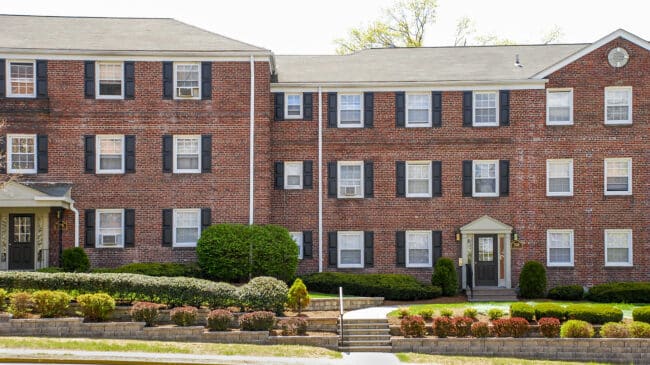What is rent control?
Rent control, including variations such as rent stabilization, is a government-imposed price control (usually a limit) on what private properties may charge for rent. Seven states currently have rent control laws, and 20 states introduced bills related to rent control in 2024.
How rent control harms housing
- Reduced housing supply and upkeep: In San Francisco, rent control led to a 15% reduction in the number of available rental units between 1979 and 1994 as landlords converted properties to condos or sold them. Nationwide, 61% of housing providers have deferred or expect to defer maintenance and improvements due to rent control limiting revenue to cover rising repair and upkeep costs.
- Suppressed property value and investment: In Cambridge, Massachusetts, deregulated property values increased by 45% after rent control was lifted. After deregulation, properties in Cambridge that neighbored rent-controlled homes saw a 25% rise in value. In New York City, rent-controlled buildings dropped in value by 34% between 2019 and 2023, while non-controlled units increased in value by 23% during the same period.
- Reduced mobility and diversity: In San Francisco, tenant mobility fell by 19%, with empty-nesters staying in larger units, pushing young families out of the city. In New York City, long-term tenants benefit from low rents, but newcomers face skyrocketing prices in uncontrolled units.
Policy alternatives
- Housing vouchers: Housing vouchers could provide rent subsidies for low-income individuals in the private market. Removing price limits and simplifying the inspection and eviction processes would enhance accessibility, enabling tenants to secure stable housing while allowing landlords flexibility.
- Less restrictive zoning and building regulations: Zoning and building regulations raise development costs, limiting the construction of affordable rental units. Reducing these regulatory barriers and simplifying approval processes will encourage new construction and increase housing supply.
Full backgrounder: Rent control implications and policy alternatives

